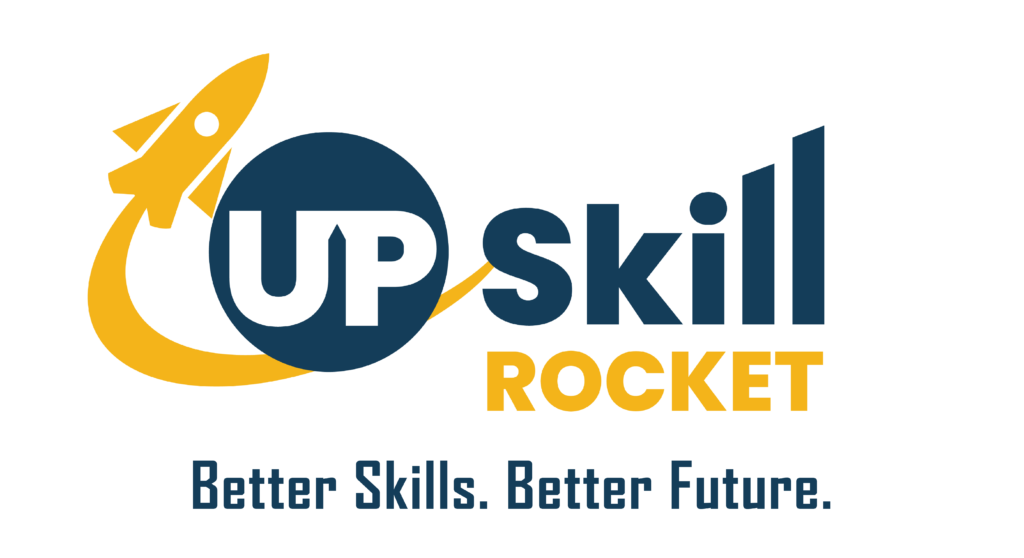Essential Tools for Your Digital Marketing Course Success
Embarking on a digital marketing course is an exciting step toward mastering the art of online promotion. To succeed, it’s essential to familiarize yourself with the tools that professionals use daily. These tools not only enhance learning but also provide hands-on experience that’s crucial for your future career. Here’s a comprehensive guide to the top tools you’ll likely encounter during your digital marketing journey.
 1. SEO and Keyword Research Tools
1. SEO and Keyword Research Tools
Search engine optimization (SEO) is a cornerstone of digital marketing. Tools in this category help you understand search trends, identify target keywords, and optimize website content.
- Google Keyword Planner: Great for discovering keywords and understanding search volume.
- Ahrefs: Offers in-depth backlink analysis, keyword research, and competitor insights.
- SEMrush: A versatile tool for SEO, PPC campaigns, and content marketing analytics.
How they help: These tools guide you in crafting content that ranks higher on search engines, driving organic traffic.
 2. Content Creation Tools
2. Content Creation Tools
Creating compelling content is essential for digital marketing success. These tools simplify the process of producing high-quality visuals and copy.
- Canva: Perfect for designing social media posts, infographics, and presentations.
- Grammarly: Helps improve writing by detecting grammar, tone, and spelling errors.
- Adobe Creative Suite: A professional-grade toolset for video editing, graphic design, and photography.
How they help: They ensure your content is engaging, visually appealing, and error-free.
 3. Social Media Management Tools
3. Social Media Management Tools
Managing multiple social media accounts can be overwhelming without the right tools.
- Hootsuite: Allows you to schedule posts, monitor engagement, and analyze performance across platforms.
- Buffer: Simplifies social media scheduling and provides detailed analytics.
- Sprout Social: Offers advanced scheduling, reporting, and social listening features.
How they help: These tools streamline your social media strategy, saving time and improving results.
 4. Email Marketing Platforms
4. Email Marketing Platforms
Email remains one of the most effective digital marketing channels. Mastering these tools is vital for any marketer.
- Mailchimp: A beginner-friendly platform with customizable templates and analytics.
- Constant Contact: Known for its ease of use and automation features.
- HubSpot: Offers advanced segmentation and integration with CRM tools.
How they help: They enable you to build, segment, and analyze email campaigns for maximum engagement.
 5. Analytics and Reporting Tools
5. Analytics and Reporting Tools
Understanding performance metrics is critical for refining strategies.
- Google Analytics: Tracks website traffic, user behavior, and campaign performance.
- Data Studio: A tool for creating visually appealing, shareable reports.
- Hotjar: Offers heatmaps and session recordings to analyze user experience.
How they help: These tools provide insights into what’s working and where improvements are needed.
 6. Advertising Platforms
6. Advertising Platforms
Paid advertising is a crucial skill in digital marketing, and these platforms are commonly used in courses.
- Google Ads: Essential for creating search and display ad campaigns.
- Facebook Ads Manager: For targeting specific audiences on Facebook and Instagram.
- LinkedIn Ads: Best for B2B marketing campaigns.
How they help: They give you hands-on experience in designing and managing paid ad campaigns.
 7. Marketing Automation Tools
7. Marketing Automation Tools
Automation is key to scaling marketing efforts without losing personalization.
- HubSpot: Combines CRM, email marketing, and automation features.
- Marketo: A powerful tool for lead generation and nurturing campaigns.
- ActiveCampaign: Known for its robust automation workflows and CRM capabilities.
How they help: These tools save time and ensure consistent communication with your audience.
Conclusion
Mastering these tools during your digital marketing course can significantly enhance your learning experience and make you job-ready. By gaining proficiency in SEO, social media management, content creation, and analytics tools, you’ll be well-equipped to tackle real-world marketing challenges.
As you explore these tools, remember that practice makes perfect. The more you use them, the more confident you’ll become in leveraging their full potential to achieve your marketing goals.
